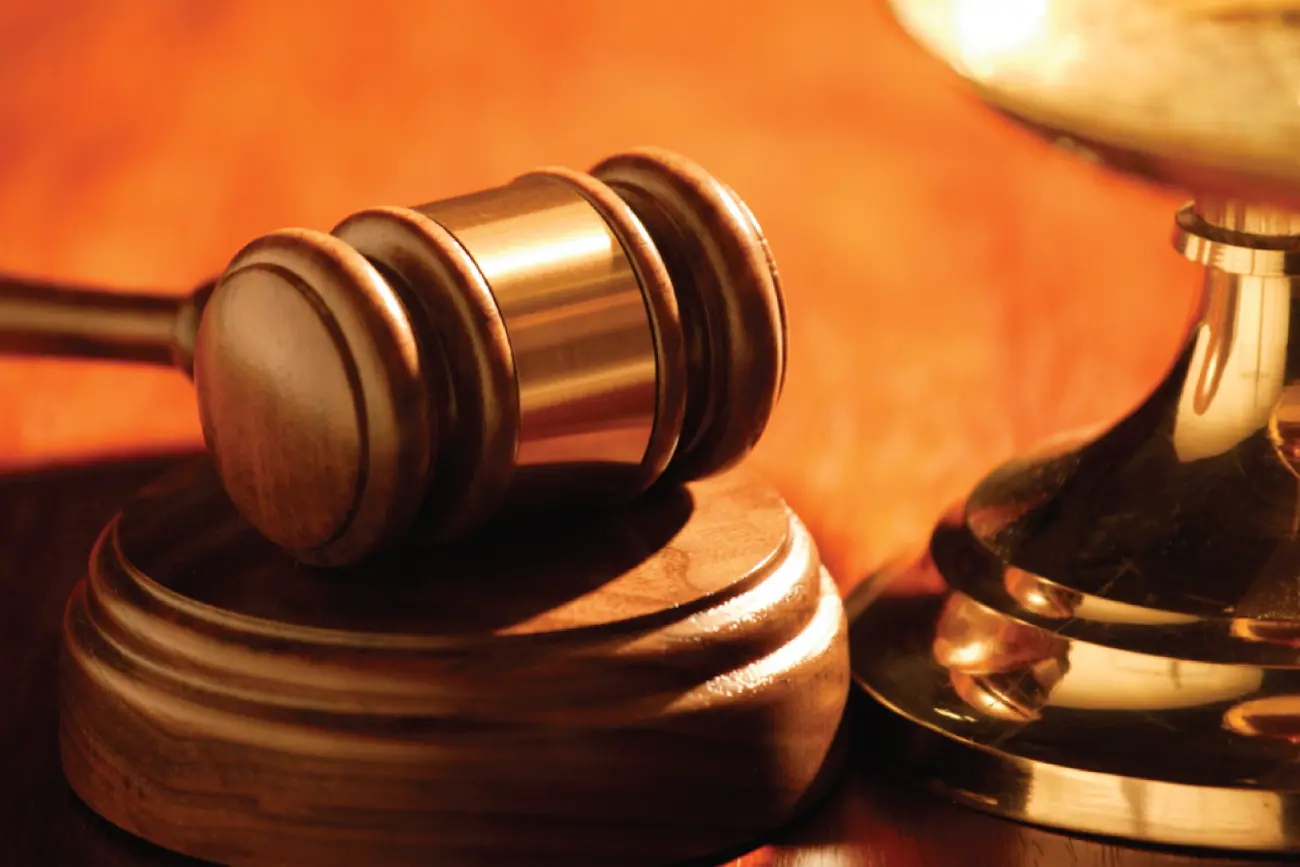
The International Bar Association (IBA) and the Southern Africa Litigation Centre (SALC) note with alarm the African Union’s (AU) endorsement of immunity for serving heads of state and other senior government officials, having recently agreed to a Protocol that would bar their prosecution for grave crimes. The IBA and SALC call upon individual African states not to sign or ratify the Protocol as currently drafted.
The Protocol on Amendments to the Protocol on the Statute of the African Court of Justice and Human Rights, adopted at the AU’s recent summit in Malabo, Equatorial Guinea, vests the African Court of Justice and Human Rights with jurisdiction to prosecute those responsible for crimes such as genocide, crimes against humanity and war crimes, among others, but simultaneously provides that serving heads of state and senior government officials may not be prosecuted.
IBA Executive Director Mark Ellis, stated: ‘Far from advancing accountability, which should be the case given that there is to be a new court able to pronounce on the most serious crimes, this development delays accountability. The provision generates perverse incentives for abusive leaders to remain in power so that they are shielded from prosecution. And it ignores the obvious reality that these types of massive, systematic crimes are generally perpetrated by those who wield greatest power. Those most likely to commit these crimes are given greatest protection from prosecution.’
The decision by the AU places it in direct conflict with the Rome Statute of the International Criminal Court (ICC), which provides that the ICC rules ‘shall apply equally to all persons without any distinction based on official capacity. In particular, official capacity as a Head of State or Government, a member of a Government or parliament, an elected representative or a government official shall in no case exempt a person from criminal responsibility.’ (Article 27)
‘But it isn’t only that the AU, by its decision, creates contradictory legal norms,’ said Nicole Fritz, director of SALC, ‘It also contradicts its own founding charter, which requires that it protect human and peoples’ rights. It disregards its own Panel of the Wise, which, concerned for impunity on the continent, recommended the building of institutions that promote impartiality, accountability and fairness. An institution that exempts heads of state and government officials from responsibility is not impartial, accountable or fair.’
ENDS
Notes to the Editor
- TheInternational Bar Association (IBA), established in 1947, is the world’s leading organisation of international legal practitioners, bar associations and law societies. Through its global membership of individual lawyers, law firms, bar associations and law societies it influences the development of international law reform and shapes the future of the legal profession throughout the world. The IBA’s administrative office is in London. Regional offices are located in: São Paulo, Brazil; Seoul, South Korea; and Washington DC, US, while the International Bar Association’s International Criminal Court Programme (IBA ICC) is managed from an office in The Hague. The International Bar Association’sHuman Rights Institute (IBAHRI) works to promote, protect and enforce human rights under a just rule of law, and to preserve the independence of the judiciary and the legal profession worldwide.
- TheSouthern Africa Litigation Centre (SALC) promotes and advances human rights and the rule of law in southern Africa, primarily through strategic litigation support and capacity building.
SALC provides technical and monetary support to local and regional lawyers and organizations in litigating human rights and rule of law cases in the region. SALC also provides training in human rights and rule of law issues and facilitates networks of human rights lawyers and organizations throughout southern Africa
SALC works in the following countries: Angola, Botswana, Democratic Republic of Congo, Lesotho, Malawi, Mozambique, Namibia, Swaziland, Zambia, and Zimbabwe. In addition, SALC supports litigation in South African courts that advances human rights in the southern African region.
Further Info:
Romana St. Matthew-Daniel, Press Office, International Bar Association, 4th Floor, 10 St Bride Street, London EC4A 4AD; Mobile: +44 (0) 7940 731 915; Direct Line: +44 (0)20 7842 0094; Main Office: +44 (0) 20 7842 0090; fax: +44 (0) 20 7842 0091; Email: romana.daniel@int-bar.org; Website: www.ibanet.org
Nicole Fritz, Executive Director, Southern Africa Litigation Centre; Tel: +27 (0) 10 596 8538; Mobile: +27 (0) 82 600 1028; Email: nicolef@salc.org.za; Website: www.southernafricalitigationcentre.org.za



